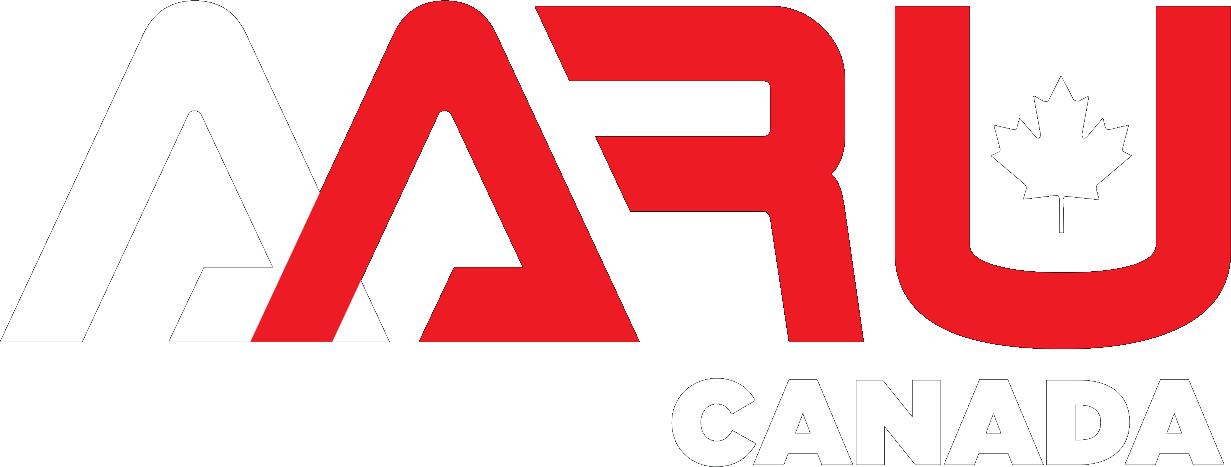How Web Hosting Affects SEO: Unveiling the Impact on Your Website’s Search Ranking
In the digital landscape, search engine optimization (SEO) plays a crucial role in improving website visibility and attracting organic traffic. While many factors influence SEO, one aspect that often goes overlooked is web hosting. In this comprehensive guide, we will explore how web hosting directly impacts your website’s SEO performance. By understanding the relationship between web hosting and SEO, you can make informed decisions to enhance your website’s search ranking and drive organic growth.
Website Speed and User Experience
Website speed is a critical factor in SEO ranking and user experience. Studies show that users tend to abandon websites that take too long to load, leading to higher bounce rates and decreased engagement. Web hosting providers that offer optimized servers and fast network connections contribute to improved website speed. This, in turn, positively impacts SEO, as search engines prioritize websites that deliver a smooth user experience.
Server Uptime and Website Availability
Search engines aim to provide users with the most relevant and reliable search results. Websites that frequently experience downtime or are inaccessible can negatively impact user experience and SEO. Selecting a reputable web hosting provider ensures high server uptime and minimal downtime, enabling search engines to consistently crawl and index your website’s pages. This reliability factor enhances your website’s SEO potential.
Server Location and Geo-targeting
Search engines consider the geographical location of web servers when determining search results for local queries. If your target audience is specific to a particular region, choosing a web hosting provider with servers located in that region can positively impact your local SEO efforts. Local server location reduces latency and improves website loading speed for users in the targeted area, leading to better search visibility.
Security Measures and SSL Certificates
Website security is crucial not only for user trust but also for SEO. Search engines prioritize secure websites and give them a ranking advantage. Web hosting providers that prioritize security, offer robust measures like firewalls, malware scanning, and intrusion detection systems. Additionally, having an SSL certificate (HTTPS) installed on your website demonstrates trustworthiness to search engines and visitors, further boosting your SEO efforts.
Scalability and Page Load Performance
As your website grows and attracts more visitors, scalability becomes essential. A web hosting provider that offers scalable solutions allows your website to handle increased traffic without sacrificing performance. With sufficient server resources and optimized infrastructure, your website can maintain fast page load times even during peak periods. This scalability positively influences user experience and SEO rankings.
Mobile-Friendly Optimization
Mobile optimization is a significant factor in SEO, as search engines prioritize mobile-friendly websites in their rankings. Web hosting providers that offer mobile optimization features, such as responsive design and adaptive serving, contribute to a positive mobile user experience. Responsive websites adjust seamlessly to different screen sizes, improving usability and SEO performance across devices.
Technical Support and Website Maintenance
Web hosting providers that offer reliable technical support and website maintenance services can indirectly impact your SEO. Prompt resolution of technical issues, regular updates, and assistance in optimizing server configurations contribute to website performance and SEO efforts. Timely support ensures your website remains accessible, secure, and optimized for search engine crawlers.
Content Delivery Networks (CDNs)
Content Delivery Networks (CDNs) can enhance website speed and global accessibility. CDNs distribute your website’s content across multiple servers located worldwide, reducing latency and improving loading times for visitors from different geographical locations. Web hosting providers that offer integrated CDNs help optimize website performance, positively influencing SEO rankings.
Website Backup and Recovery
Regular website backups are crucial for mitigating data loss and potential disasters. Web hosting providers that offer automated backup services ensure that your website’s data is regularly saved and easily recoverable. In the event of a website issue, such as accidental deletion or hacking, having reliable backups in place protects your website’s SEO efforts by enabling swift recovery.
SEO-Friendly Features and Tools
Some web hosting providers offer SEO-specific features and tools that can enhance your website’s SEO performance. These may include built-in SEO plugins, advanced caching options, and server-level optimizations. Choosing a hosting provider that aligns with your SEO goals and offers these additional features can provide a competitive advantage in search rankings.
Search Engine Crawling and Indexing
Web hosting plays a significant role in search engine crawling and indexing. When search engine bots visit your website, they rely on the server’s response time and availability to crawl and index your web pages. A reliable web hosting provider ensures that search engine bots can access and index your website’s content efficiently, leading to improved visibility in search engine results pages (SERPs).
IP Reputation and Server Neighbors
In shared hosting environments, multiple websites share the same server resources and IP address. If any of the websites on the same server engage in spammy or malicious activities, it can negatively impact the IP reputation. Search engines may associate the IP address with low-quality websites, affecting the SEO performance of all websites on that server. Choosing a web hosting provider that maintains a clean IP reputation can safeguard your website’s SEO efforts.
Server Response Time
Server response time refers to the time it takes for the server to deliver the initial HTML content of a webpage to a user’s browser. A fast server response time is crucial for providing a positive user experience and improving SEO rankings. Web hosting providers with optimized server configurations, efficient caching mechanisms, and powerful hardware can significantly reduce server response time, benefiting both users and search engines.
Server Resource Allocation
The allocation of server resources, such as CPU, RAM, and disk space, impacts the overall performance of your website. Insufficient resources can lead to slow loading times, increased downtime, and reduced crawlability by search engines. Choosing a web hosting plan that offers adequate resources based on your website’s requirements ensures optimal performance, which contributes to better SEO rankings.
Website Localization and International SEO
If your business targets audiences in multiple countries or regions, web hosting can play a role in optimizing your website for international SEO. Some web hosting providers offer the option to choose server locations in different countries, allowing you to host localized versions of your website closer to your target audience. This can improve website loading speed and SEO performance for specific regions.
SSL and Website Security
Secure Sockets Layer (SSL) certificates have become an essential aspect of website security and SEO. Search engines prioritize websites with HTTPS encryption, as it ensures data privacy and security for users. Many web hosting providers offer SSL certificates as part of their hosting packages, making it easier for website owners to implement HTTPS and gain the SEO benefits associated with secure websites.
Server Configuration and Optimization
Web hosting providers with expertise in server configuration and optimization can fine-tune server settings to maximize your website’s performance. From caching mechanisms to server-level optimizations, these configurations can have a significant impact on your website’s speed, uptime, and overall SEO performance. Working with a hosting provider that offers tailored server configurations can give you an edge in SEO.
User Location and Website Latency
The physical distance between your website’s server and the user’s location affects website latency. A web hosting provider with server locations closer to your target audience reduces latency, resulting in faster page loading times. Fast-loading websites provide a better user experience, leading to longer visit durations and increased engagement, which are important signals for search engines in determining SEO rankings.
Hosting Migration and SEO Considerations
If you’re planning to migrate your website to a new hosting provider, it’s essential to consider SEO implications. A poorly executed migration can lead to downtime, broken links, and loss of SEO rankings. Reliable web hosting providers offer migration assistance and guidance to ensure a smooth transition without negatively impacting your SEO efforts.
Monitoring and Analytics
Web hosting providers often provide monitoring tools and analytics to track website performance and identify areas for improvement. By monitoring key metrics like website uptime, page load speed, and server response time, you can gain valuable insights into your website’s SEO performance. Utilizing these tools helps you identify and address any issues promptly, ensuring your website remains optimized for search engines.
In conclusion, understanding how web hosting affects SEO is crucial for maximizing your website’s visibility and organic traffic. From website speed and server uptime to security measures and server configurations, each aspect of web hosting plays a role in your website’s search engine rankings. By selecting a reliable web hosting provider that prioritizes website performance, security, and technical support, you can optimize your website’s SEO potential and drive organic growth.






